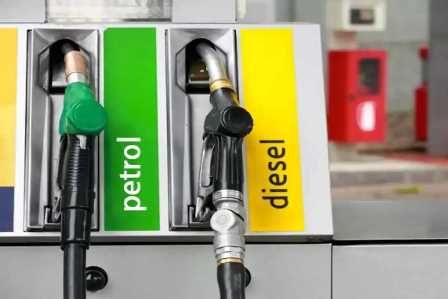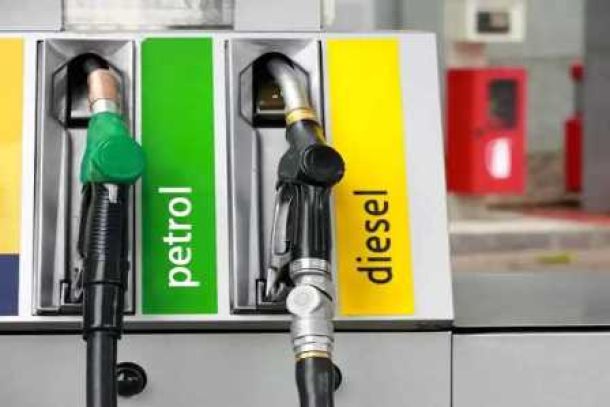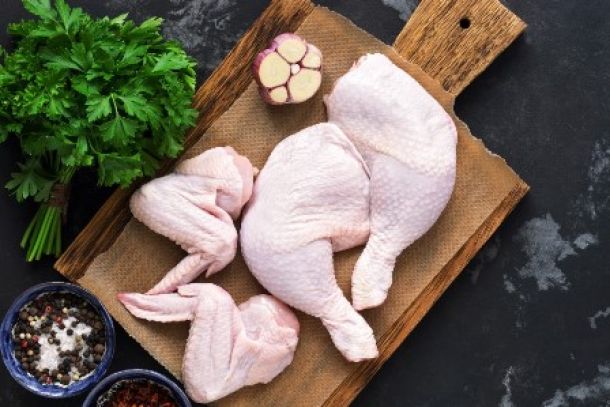
South Africans to expect big petrol price cuts
Some more good news for next week, is that drivers in South Africa can look forward to significant reductions in fuel costs. The bolstered Rand has played a major role in the proposed lowering of fuel costs, along with a lower demand for oil.
Based on data gathered for the month end from South Africa’s Central Energy Fund (CEF), which monitors both oil prices and the Rand/Dollar exchange, it appears that notable price decreases are expected, giving South Africans a much-needed financial break.
What to expect:
Petrol 93 - will decrease by 86 cents / litre.
Petrol 95 – will decrease by 94 cents / litre.
Diesel 0.05% - will drop by 76 cents / litre.
Diesel 0.005% - will drop by 103 cents / litre.
“China’s slowdown has spurred both OPEC and the International Energy Agency to downgrade expectations for global oil demand”, according to semafor.com and is causing fears of declining demand, being the largest importers of oil globally.
In addition, are the worries of a potential recession in the USA, which could also lead to a decrease in demand and prices.
OPEC is relaxing its supply cuts, as it is concerned about losing its market share by withholding its supply of oil to the global market.
If the Chinese demand remains stagnant, a barrel of Brent Crude could go as low as $60, whereas, at the moment, a barrel is priced at $78, according to Goldman Sachs.
Unfortunately, the decrease in oil prices will inevitably lead to an increase in consumption, so this period of economic stability may not last long.
August marked a notable shift in the Rand's performance against the US dollar. At the beginning of the month the Rand contributed to a potential increase in fuel prices, which weakened along with other emerging market currencies.
Falling job numbers sparked worries of a US recession, causing investors to shy away from more volatile markets and resulting in a negative impact on currencies. Thankfully, stability has been restored and the Rand has recovered its strength.
Promises of economic reforms by the Government of National Unity (GNU) is seeing increased optimism. The Rand has seen an improvement from its initial panic in early August and ended the month at around R17.75. This ultimately resulted in a decrease of about 9 cents per litre in fuel prices.
Due to the weak economic data from China, in the coming months and possibly long term, the local currency may face potential weakening. China is the largest importer of South African goods, particularly minerals and is therefore a vital source of foreign exchange.
The second quarter of 2024 saw a 0.7% increase in China's GDP, a significant slowdown from the previous quarter's growth of 1.6%. This marks the lowest growth rate for China since the second quarter of 2022. Keeping in mind that their goal was to grow 5% for the year.
This is forecasted to influence the value of the Rand due to changes in Chinese demand for South African exports.
News Category
- International retailers
- On the move
- Awards and achievements
- Legislation
- Wine and liquor
- Africa
- Going green
- Supplier news
- Research tools
- Retailer trading results
- Supply chain
- Innovation and technology
- Economic factors
- Crime and security
- Store Openings
- Marketing and Promotions
- Social Responsibility
- Brand Press Office
Related Articles

Confirmed: Petrol, diesel price cuts on Wednesday

SA poultry industry calls for targeted chicken ...

Empowering South African households through gro...

SPAR shares practical tips to beat food inflation


